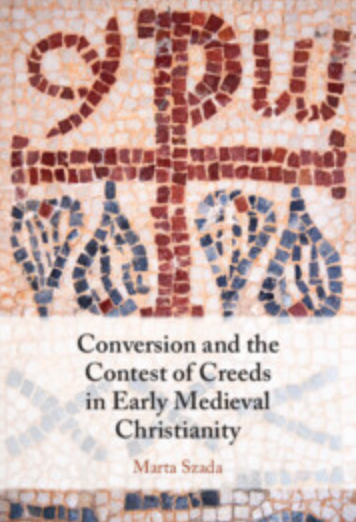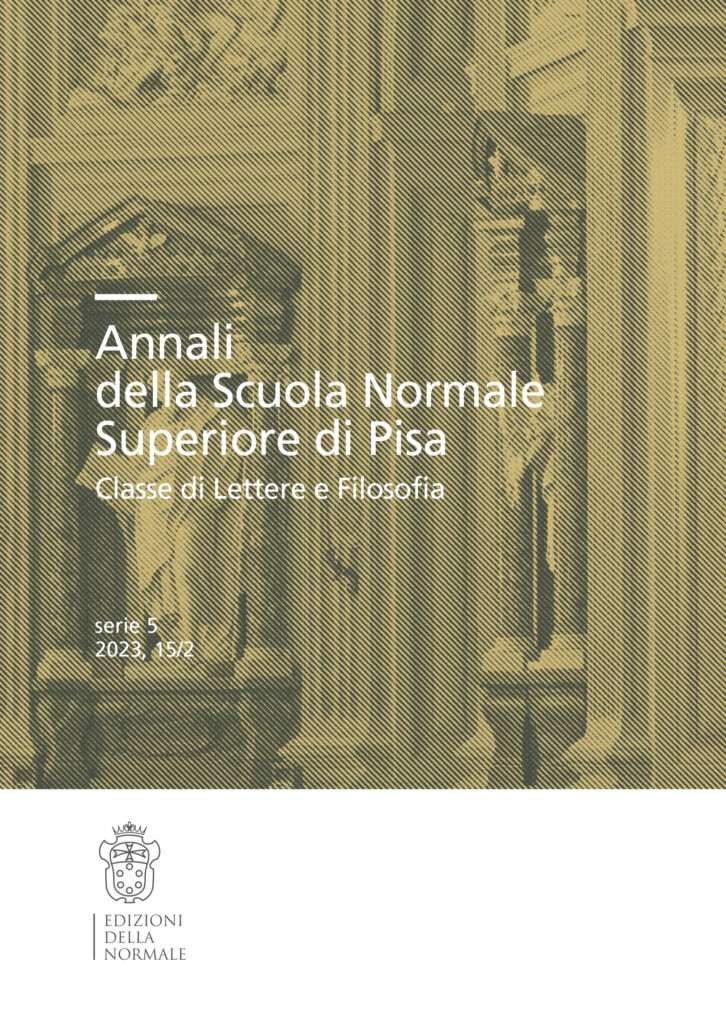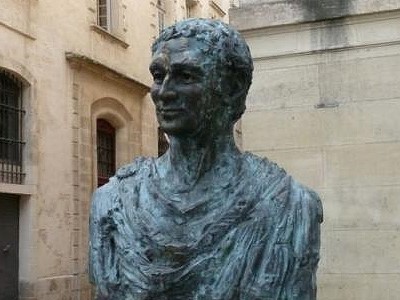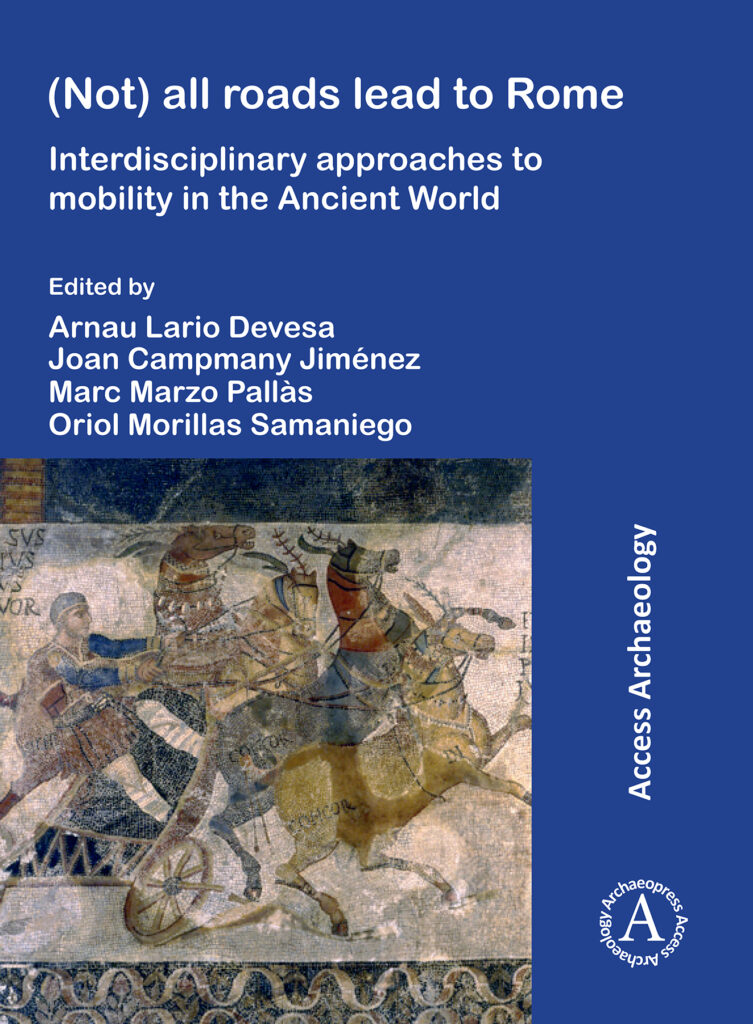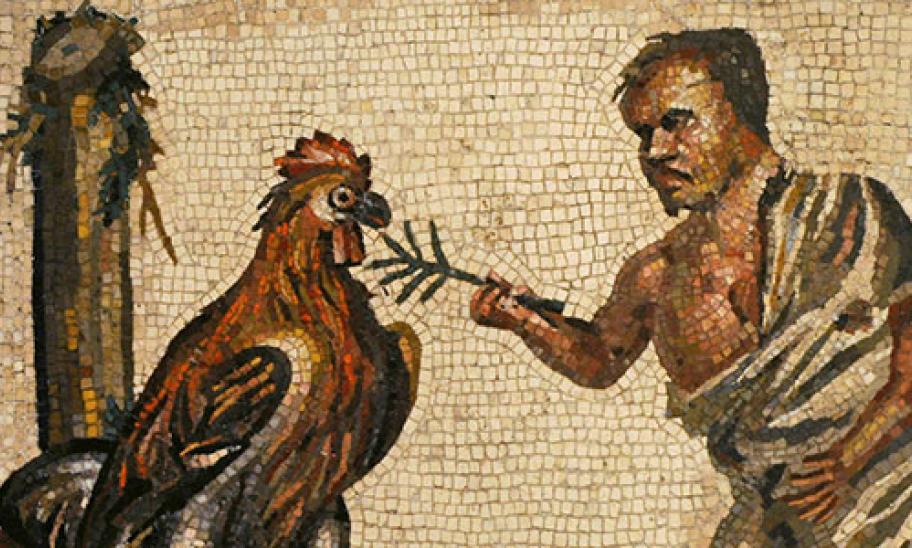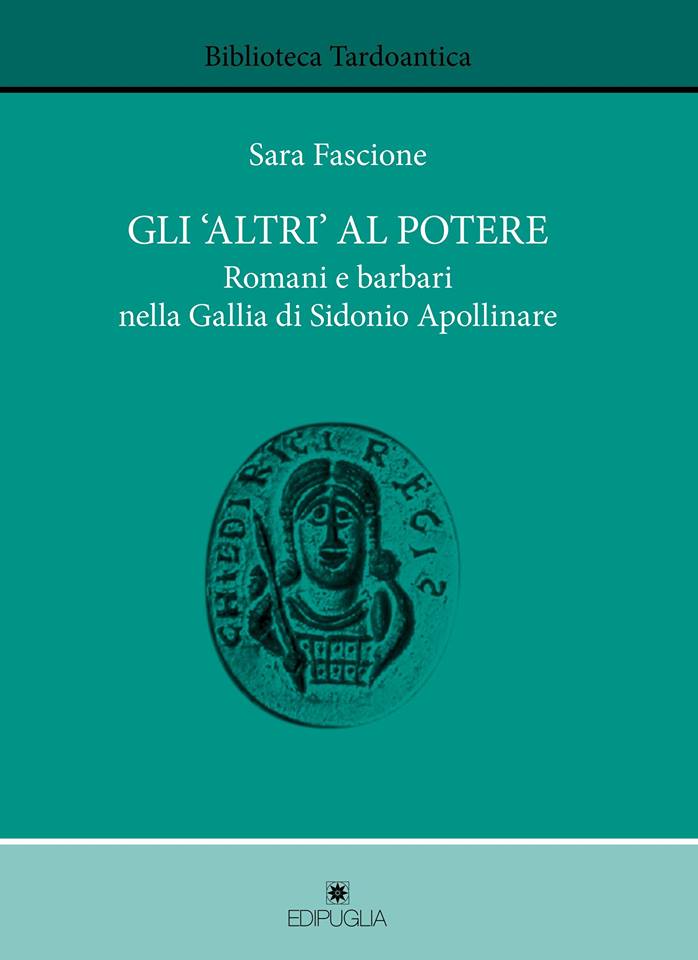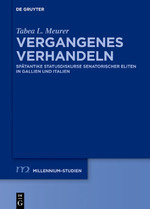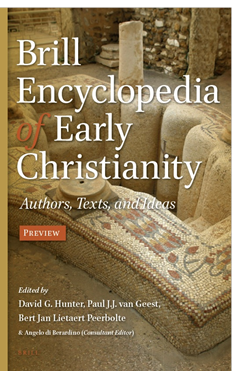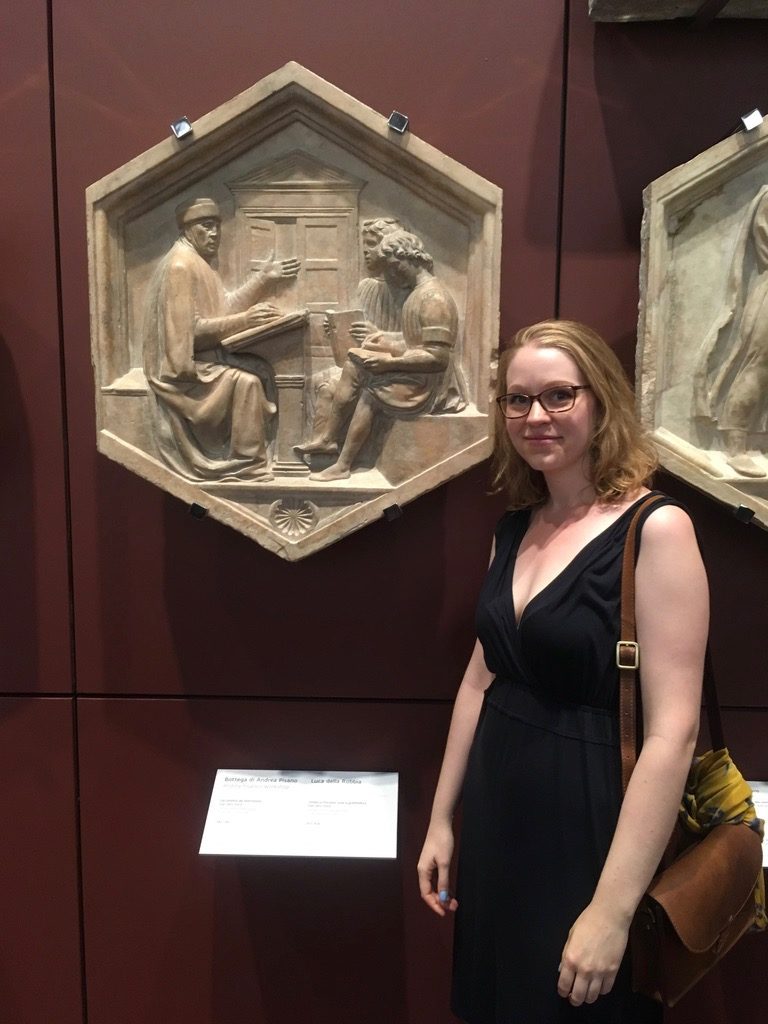Alison John has completed her doctorate at the University of Edinburgh (supervisors Gavin Kelly and Lucy Grig) and will graduate this November. Her thesis, Learning and Power: A Cultural History of Education in Late Antique Gaul engaged with Sidonius and his world, and considered his perceptions of the changes taking place around him.
Abstract:
This thesis examines the shifting practices and attitudes toward classical education in late antique Gaul, with a focus on the fourth to early sixth centuries. Throughout this period Gallo-Romans witnessed political, economic, and cultural upheavals, and the eventual disappearance of Roman political power in Gaul. John explores the role traditional literary schools of grammar and rhetoric played in the politics and society of late antique Gaul, and the changing value of such educational pursuits among Gallo-Roman aristocrats throughout this period. Since literary education had long been a central part of elite Roman identity, examining the ways that Gallo-Roman aristocrats participated in and patronized education amid the shifting political, cultural, and religious contexts of the period can help us to understand the overall transformations of the late antique west.
John offers a fresh interpretation of the history of the classical schools of grammar and rhetoric in Gaul. Its analysis shows how the eventual decline of classical schools in Gaul is linked indirectly to changes in political structures and the fall of the Western Roman Empire in the fifth century. John argues that without the superstructure of the Roman empire, classical education could not survive indefinitely. Throughout late antiquity and in post-imperial Gaul, although neither the barbarian kingdoms nor the Church directly caused the decline of classical schools, these new structures of power that replaced the unified empire did not encourage or support a cultural and political climate in which grammatical and rhetorical training was valued. Such political changes transformed the perceptions of the value and role of classical education and resulted in the eventual end of the schools of grammar and rhetoric in Gaul.

